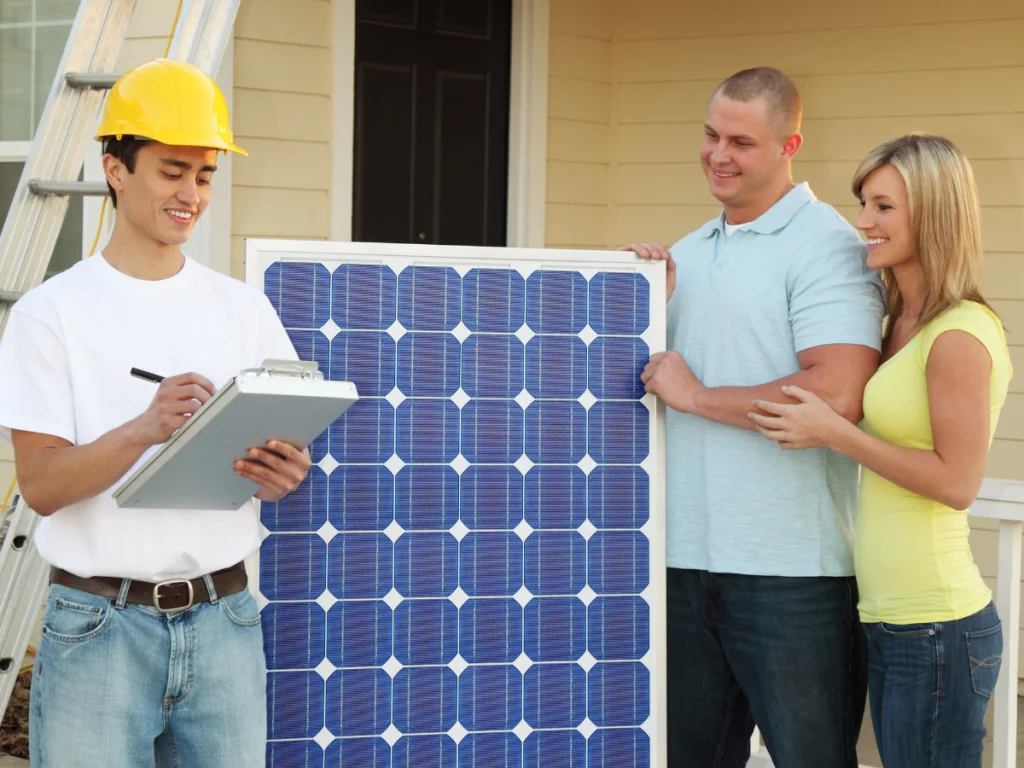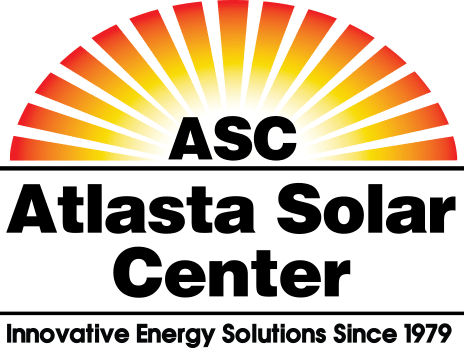Solar panels are becoming an increasingly popular way to save money on energy bills and reduce your carbon footprint. They’re energy-efficient, durable, and require little maintenance. But just how much do solar panels cost? One thing that deters people from investing in solar panels, though, is the initial cost. Solar panels can cost anywhere from a few thousand dollars up to $40,000 or more, depending on the size of the system and technology used.
Solar panels are not cheap, but the long-term savings and environmental benefits make them worth the investment.

Factors That Affect the Price of Solar Panels
There are a few main factors that affect the price of solar panels:
System Panels and Equipment
One of the major factors that affect the overall price of solar panels is the manufacturing cost of the equipment itself. Most solar panel systems are made up of three main components: the solar panels, an inverter, and a racking system. Thankfully, the average cost of these components has fallen significantly over the past few years as technology has improved and mass production has increased.
Installation
Aside from the equipment, you also have to take into consideration the cost of installation when budgeting for your solar panel system. The average installation price for a residential solar panel system on an average-sized building starts at just under $11,000 for a 5 kW system. This price can vary, however, depending on the size and type of solar panels you choose.
The complexity of your roof is also an important factor. If you have a complex roof, it may cost more to install the solar panels because special equipment is required. For an accurate idea of how much solar panels will cost you, you can equest a free quote from Atlasta Solar.
Efficiency
The average efficiency of solar panels has increased steadily since the early days of photovoltaics. In 1976, the first silicon solar cells had an average efficiency of about 6%. Today, the average commercial solar panel has an efficiency between 15 and 20%.
However, higher efficiency doesn’t always mean a more expensive panel. The cost of solar panels has declined significantly over the years, making them more affordable than ever before.
In fact, the price of solar panels has dropped by more than 70 percent in recent years. Check out the selection from Atlasta Solar to get a better idea.
Roof Structure
If your roof is easy to work with, then the installation costs will be lower. If your roof is more difficult to work with, then the installation costs will be higher. Metal, asphalt, and shingle roofs are easy to work with. Meanwhile, tiled roofs can be more difficult and therefore, more expensive.
Location and Incentives
Some states offer incentives for solar installations, which can significantly lower the cost. In some cases, these incentives can cover up to half of the installation costs.
Common state solar tax incentives include tax credits, property tax exemptions, and utility rate discounts. Ask your state government if there are any solar incentives available.
There’s also the federal solar tax credit, which offers a deduction of up to 30% of the cost of installing a solar system. As such, the price of solar panels can vary quite a bit depending on your location.

Financing Options for Solar Panel Installation
These are some financing options you can consider if you plan to have solar panels installed in your home or office:
Cash
The most straightforward way to finance your solar panel installation is to pay for it in cash. This option allows you to avoid interest payments and get the full benefits of any federal, state, or local tax incentives available.
You’ll also own your system outright and won’t have to worry about making monthly payments. Finally, if you sell your home, you can transfer the ownership of the system to the new owner.
Loans
Another option is a loan, especially if the installation requires a large upfront investment. The interest on the loan may be lower than the return on investment from solar, making this a very attractive option.
Check with local banks, credit unions, and online lenders to compare rates and terms. The federal government also offers loans for solar panel installation through the Solar Energy Loan Program (SELP), which is administered by the U.S. Department of Energy’s SunShot Initiative.
You can also consult professional installers, like Atlasta.
Lease
A lease is a contract between a homeowner and a solar panel company. In this lease the solar company owns, operates, and maintains the solar panels on the homeowner’s property. The homeowner pays for the electricity generated by the solar panels at a rate that is often lower than their current utility rate.
The difference between a loan and a lease is that with a loan, the homeowner owns the solar panels. With a lease, the solar panel company owns the panels. This is ideal for homeowners who want to go solar but do not want the hassle or expense of maintaining the solar panels.
Power Purchasing Agreement
A Solar Power Purchase Agreement (SPPA) is a contract between a solar developer and a customer that agrees to buy electricity generated by the solar system. The customer pays for the system over time, usually 10-20 years. The customer also often pays at a lower rate than they would for utility-provided electricity. After the PPA expires, the customer owns the system outright.
The Bottom Line
If you’re thinking about going solar, you’re probably wondering how much solar panels cost. As mentioned, solar panel prices vary widely depending on the size of your project, your location, and the type of panels you choose. It’s best to talk with a professional installation company like Atlasta Solar to get a specific price for your home or business.
